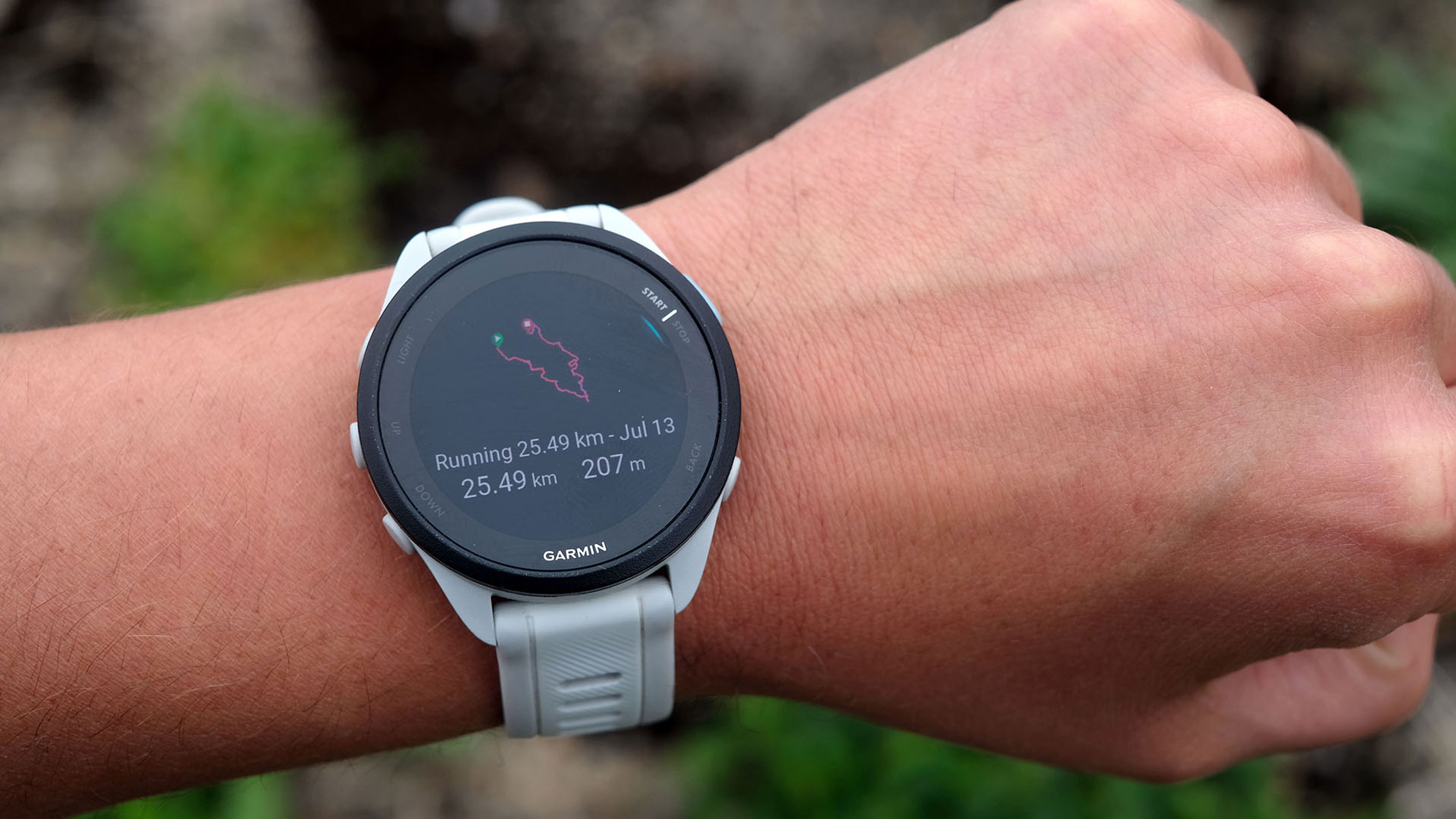Preschoolers Watching Too Much TV

Young kids are watching too much television, some averaging more than five hours a day, a new study suggests.
The findings include screen time at home and in different child care settings.
And nearly 70 percent of the preschool-age children exceeded recommendations by the American Academy of Pediatrics (AAP) for limiting screen exposure (including TV, DVDs, computers and video games) to one to two daily hours. The recommendation is based on research linking screen time with adverse effects, including language lags, obesity, possibly aggressive behaviors and decreased academic performance, according to study researcher Dr. Pooja Tandon of the Seattle Children's Research Institute and the University of Washington.
"A majority of children under the age of 5 years in the United States spend almost 40 hours a week with caregivers other than their parents, and it's important to understand what kind of screen-time exposure children are getting with these other caregivers," Tandon said.
Tandon and her colleagues will detail their findings in a forthcoming issue of the Journal of Pediatrics.
TV tallies
The team looked at data collected from nearly 9,000 preschool-age children (4 to 5 years old) along with their parents and caregivers who took part in the Early Childhood Longitudinal Study-Birth Cohort (ECLS-B). The ECLS-B has followed a nationally representative sample of 10,700 children born in 2001. The sample is meant to represent about 4 million children of the same ages and demographics.
Get the world’s most fascinating discoveries delivered straight to your inbox.
Results were grouped by child care setting: home-based care (in the child's home or a relative/non-relative's home), commercial day care centers, Head Start programs and no child care arrangement (parents only).
Overall, children stared at TV screens 4.1 hours a day, including 3.6 hours at home and the rest in child care. Kids in home-based care showed the highest screen time, about 5.5 hours a day, with 1.5 of those hours in front of screens during child care. TV time for kids in commercial day cares was the lowest, at 3.2 daily hours. Kids cared for by parents only were exposed to 4.4 daily hours, and Head Start kids got 4.2 daily hours of screen time.
Tandon said the results aren't that surprising. "When children are at home, whether with parents or another caregiver, it's easier to turn the television on," Tandon told LiveScience. "Many of those settings are not regulated or licensed; many tend to be less structured."
As for the overall abundance of TV-watching among the tots, parents' hectic lives may be partly to blame. From her own experience as a parent as well as anecdotal evidence from friends, Tandon said, "there are times when the television is used as a babysitter in a sense."
Part of the problem is that parents aren't as comfortable sending their children outside to play on their own. And with so much media available, kids are spending more and more time indoors, she added.
TV tips
Since TV and other media are here to stay, Tandon recommends screening quality shows. "For children over 2, I think programs that teach things like numbers, letters, different languages, [those] that have positive messages like sharing and respecting diversity," Tandon said, adding that programs such as "Dora the Explorer," "Blue’s Clues" [s1]and "Sesame Street" would be considered positive shows.
Tandon offers tips for limiting screen time:
- Use DVDs or on-demand television, because when the show is over, it's over. "The problem with television is it keeps going," Tandon said. These media also eliminate advertisements, which tend to promote unhealthy foods, she added.
- Set rules for screen time early in children's lives.
- Turn off the TV during meal times.
- Take TVs out of bedrooms. (Tandon mentioned research suggesting a certain percentage of preschoolers have TVs in their rooms.)
- Watch television with kids, and discuss the shows and the messages put forth.
And the take-home message from the study, Tandon said, is for parents to loop caregivers in — let them know what the recommendations are for TV time. If parents are in the know about how much screen time they soaked up during the day, television at home that day or week can be tailored to keep it at a dull roar.
- Top 10 Ways to Keep Your Mind Sharp
- Watching TV at 2 Linked to Host of Problems at 10
- 10 Things You Didn't Know About the Brain
Jeanna Bryner is managing editor of Scientific American. Previously she was editor in chief of Live Science and, prior to that, an editor at Scholastic's Science World magazine. Bryner has an English degree from Salisbury University, a master's degree in biogeochemistry and environmental sciences from the University of Maryland and a graduate science journalism degree from New York University. She has worked as a biologist in Florida, where she monitored wetlands and did field surveys for endangered species, including the gorgeous Florida Scrub Jay. She also received an ocean sciences journalism fellowship from the Woods Hole Oceanographic Institution. She is a firm believer that science is for everyone and that just about everything can be viewed through the lens of science.
 Live Science Plus
Live Science Plus





